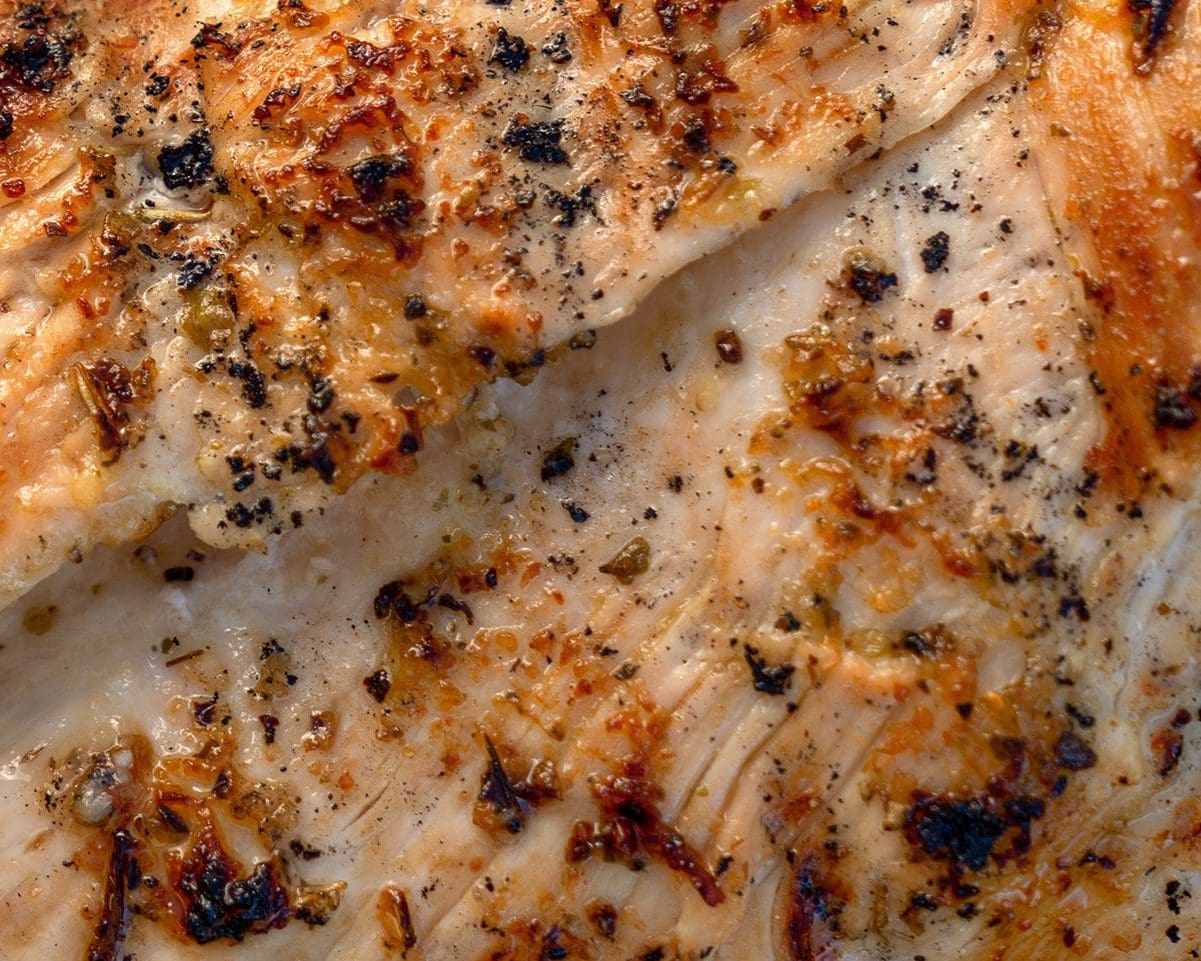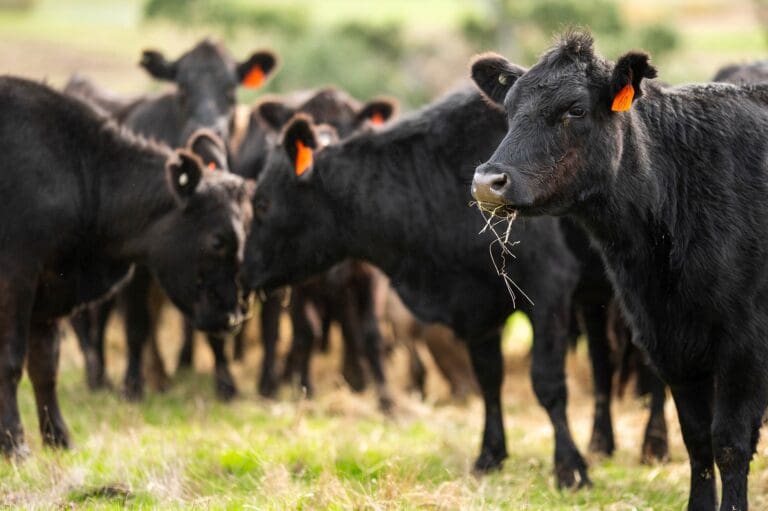The European Chicken Commitment (ECC) is a significant initiative spearheaded by the European Union (EU) to improve animal welfare in poultry farming. This landmark policy reflects growing concerns around ethical farming, environmental sustainability, and consumer demands for higher welfare standards in food production. The ECC is a comprehensive, science-based welfare policy designed to enhance the lives of chickens raised for meat, addressing critical issues in intensive farming practices.
Key Points of the European Chicken Commitment (ECC)
The European Chicken Commitment focuses on six primary areas of poultry welfare:
- Breeding for Slow Growth: Addressing the consequences of breeding chickens for rapid growth and high yield.
- Housing Conditions: Improving the living environments for poultry, reducing overcrowding and stress.
- Stocking Density: Lowering the number of birds per square meter to ensure more space and better conditions.
- Slaughter Practices: Ensuring humane treatment during the slaughter process.
By tackling these pressing issues, the ECC aims to reduce suffering and promote better welfare for poultry raised in the food industry.
Growing Adoption of the European Chicken Commitment
As of June 2024, approximately 380 leading food companies across Europe have embraced the European Chicken Commitment. This includes major retailers in key European markets such as the UK, France, Germany, Spain, Poland, and Italy. Furthermore, over 550 companies worldwide have committed to implementing these changes by 2026, driven by increasing demand for ethical and sustainable farming practices.
Challenges and Costs Associated with ECC Adoption
While progress is being made, the transition to ECC-compliant practices is not without its challenges. The move to higher welfare standards is expected to result in increased production costs. Specifically, production costs are projected to rise by approximately 37.5% per kilogram for a liveweight bird. Factors contributing to this increase include higher chick costs, feed prices, and the need for longer bird growth periods.
The ECC’s focus on lower stocking rates and longer cycle lengths will also reduce meat yield per square meter by 44%. Additionally, feed usage will increase by 720 grams per bird, and water consumption will rise by 1.23 liters per bird, leading to an overall increase of 19% on a liveweight basis.
Consumer Price Impact and Market Dynamics
As these changes impact production, consumers can expect to see price increases. Market sources predict that it will take time for consumers to adjust to higher prices. However, this price shift is a necessary step toward meeting the growing demand for sustainable farming practices and ethical poultry welfare. The European Chicken Commitment represents a crucial step toward aligning the poultry industry with consumer and environmental expectations for a more responsible and humane food system.
Written by Noah Thomas



